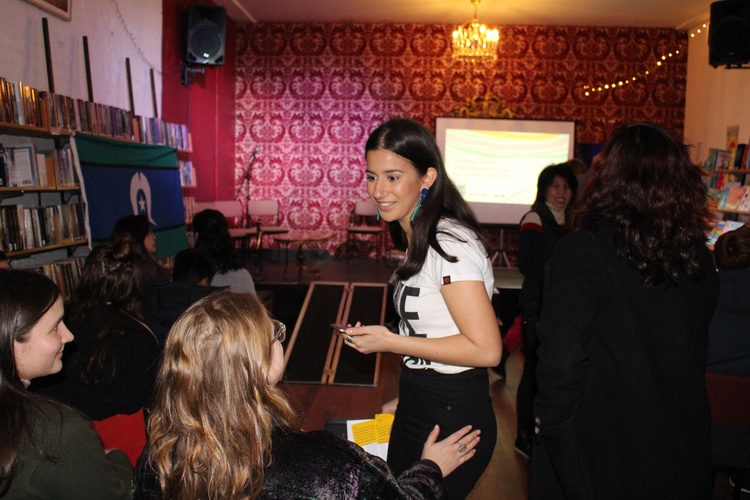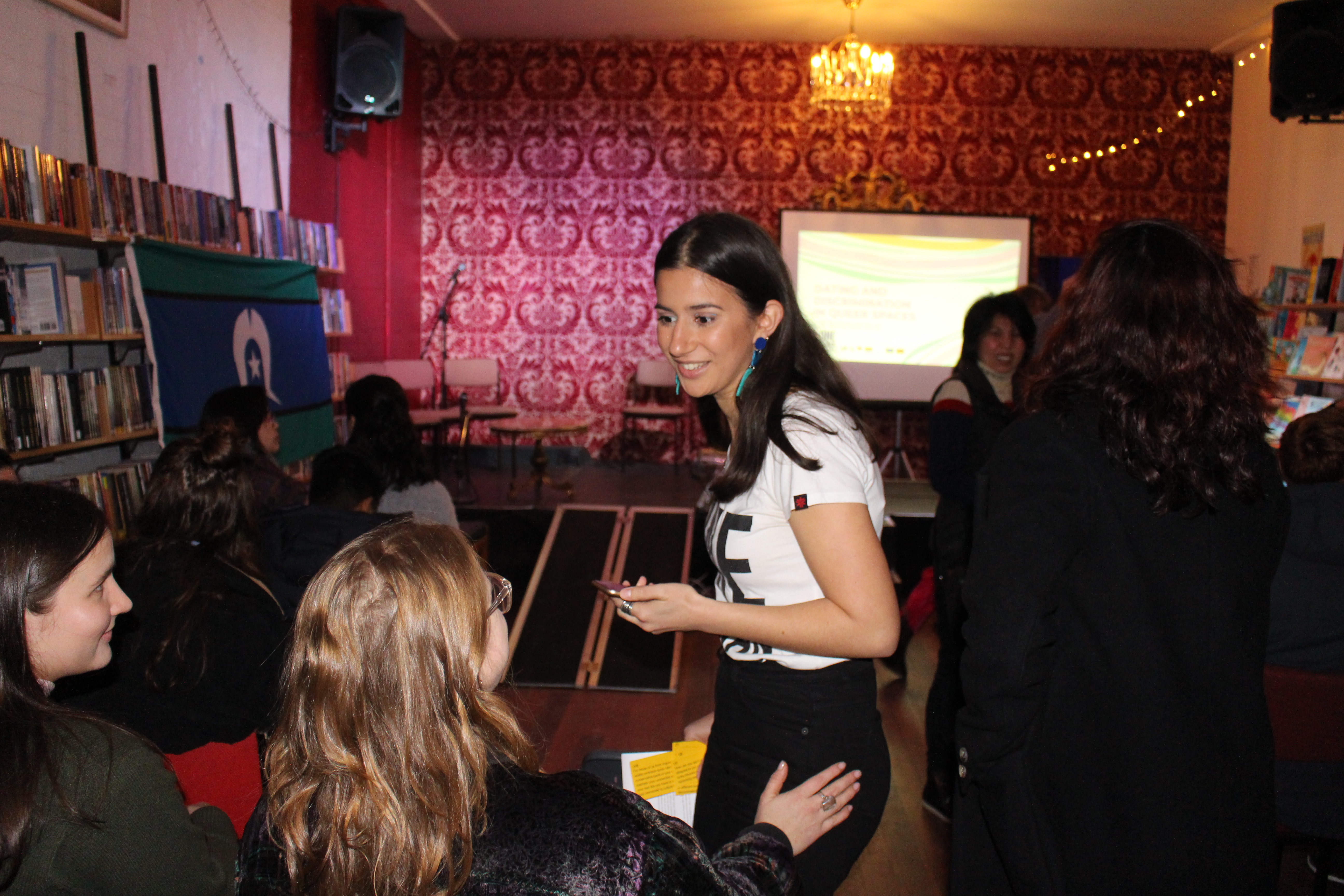Established in 2013, the Australian non-profit organisation is led by around 30 under-30 volunteers across the continent; their primary objective is to spread knowledge about gender equality through seminars, events, school programs, awareness campaigns and annual festivals.
In Victoria, six passionate young women work tirelessly to reach the most vulnerable communities and try to get to the roots of the injustices that occur in this country.
State engagement and outreach coordinator, Katia Pellicciotta, said the group members have different portfolios.
“In the education field we reach schools through the organisation of seminars or trips in rural areas, while for projects related to online engagement, we prepare public forums and courses for all ages,” she added.
In an unprecedented historical moment, in which we live with the fear of a possible second wave of the coronavirus and the instability of forced isolation, the organisation is investing every bit of energy in creating a public document in a bid to combat domestic violence; the recipients are mainly migrants and residents on temporary visas, but also those who live in regional areas of Victoria where the resources available are far less accessible.
“We’re collaborating a lot with the Italian community, and I personally take care of communication so that every single service available to them is more easily understood,” Pellicciotta said.
“It’s important that everyone has the opportunity to express themselves in the best way possible and in their own language, especially in the event of a critical situation.
“There’s no doubt that being in a new country is difficult: there are many obstacles, especially for those who suffer violence and don’t have a social network, family or friends to refer to.
“[Domestic] abuse has certainly increased during lockdown and we’re not only talking about physical or sexual abuse, but also psychological, emotional or financial abuse, not only by partners but also by roommates.
“Our research found that all the documents at our disposal focus on which numbers to call, but there’s a huge gap on what an individual can actually do when they’re in danger.
“In our document, we’re trying to identify which services can be used, especially for migrants at risk of having their visas cancelled.”
After studying gender equality at the University of Melbourne, Pellicciotta decided to start volunteering and pursue her passion for activism and Italian culture.
“I learnt to speak Italian before I learnt English, and my parents have always been very passionate about keeping in touch with their roots,” she said.
“Growing up, I understood the importance of emphasising one’s cultural differences, to the point of pushing people to pronounce my name correctly!”
The document prepared by One Woman Project will soon be available on the organisation’s website in an attempt to answer the questions of many, especially the most vulnerable – those who are far from home and silently seeking help.
“I’d like for everyone to have the same freedom of expression, and for discussions to not be limited to just scholars and experts,” Pellicciotta said.
“It doesn’t matter whether you’ve read books or done research, it’s necessary to give a voice to those who don’t have one.
“This is the goal I’ve chosen to pursue.”
For more information visit the One Woman Project website.












